
Paulig coffee from farm to cup
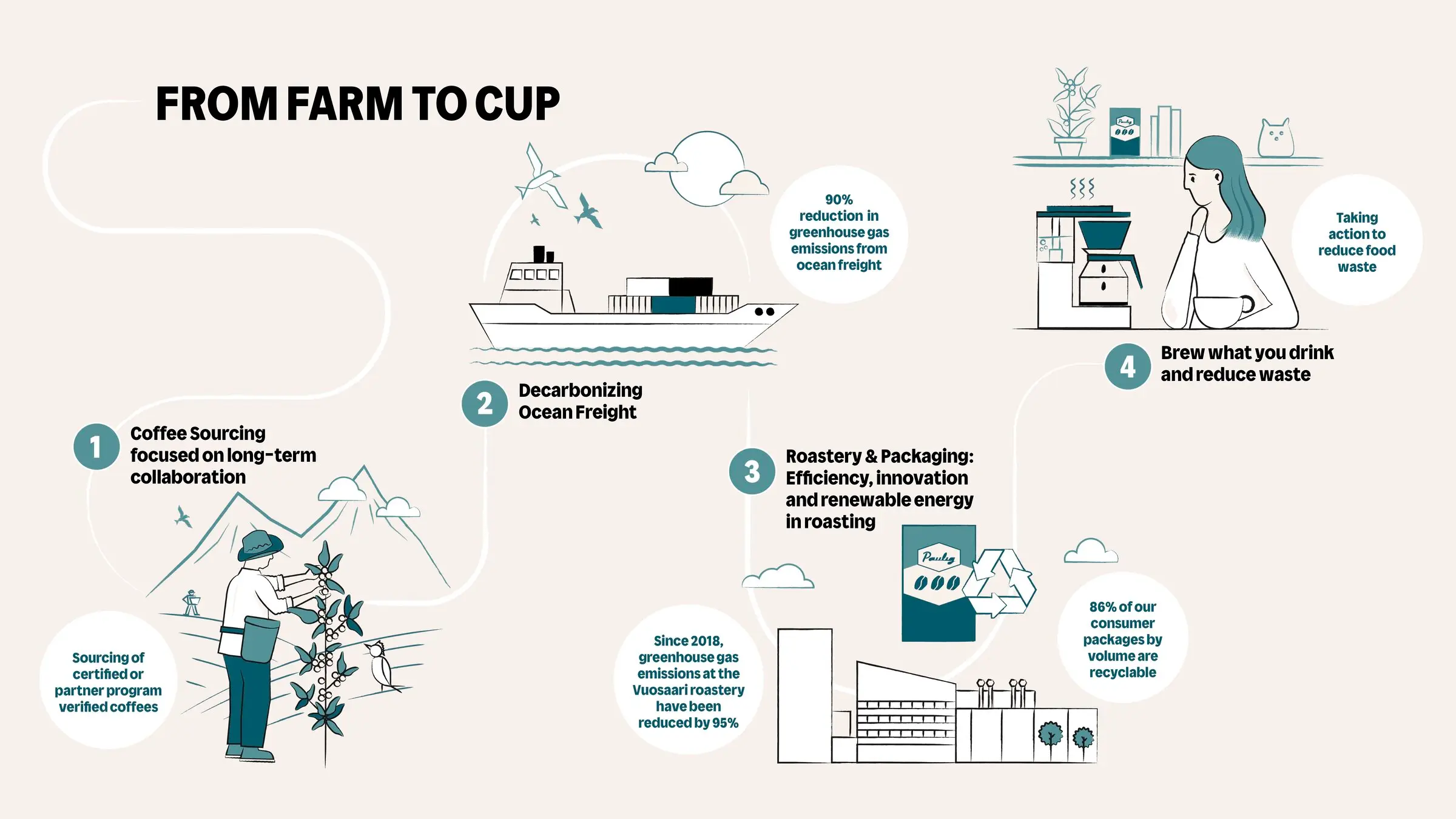
Behind every cup of Paulig coffee is a story of dedication and partnership. Guided by our 2030 Sustainability approach focusing on the health and wellbeing of people and planet, fair and inclusive way of working, and climate and nature action, we collaborate with partners throughout the coffee value chain to take action. These partnerships form the foundation of our sourcing practices. We also take action to decarbonize logistics and our coffee roasteries, ensure circularity in production and packaging, and guide consumers in how they can contribute.
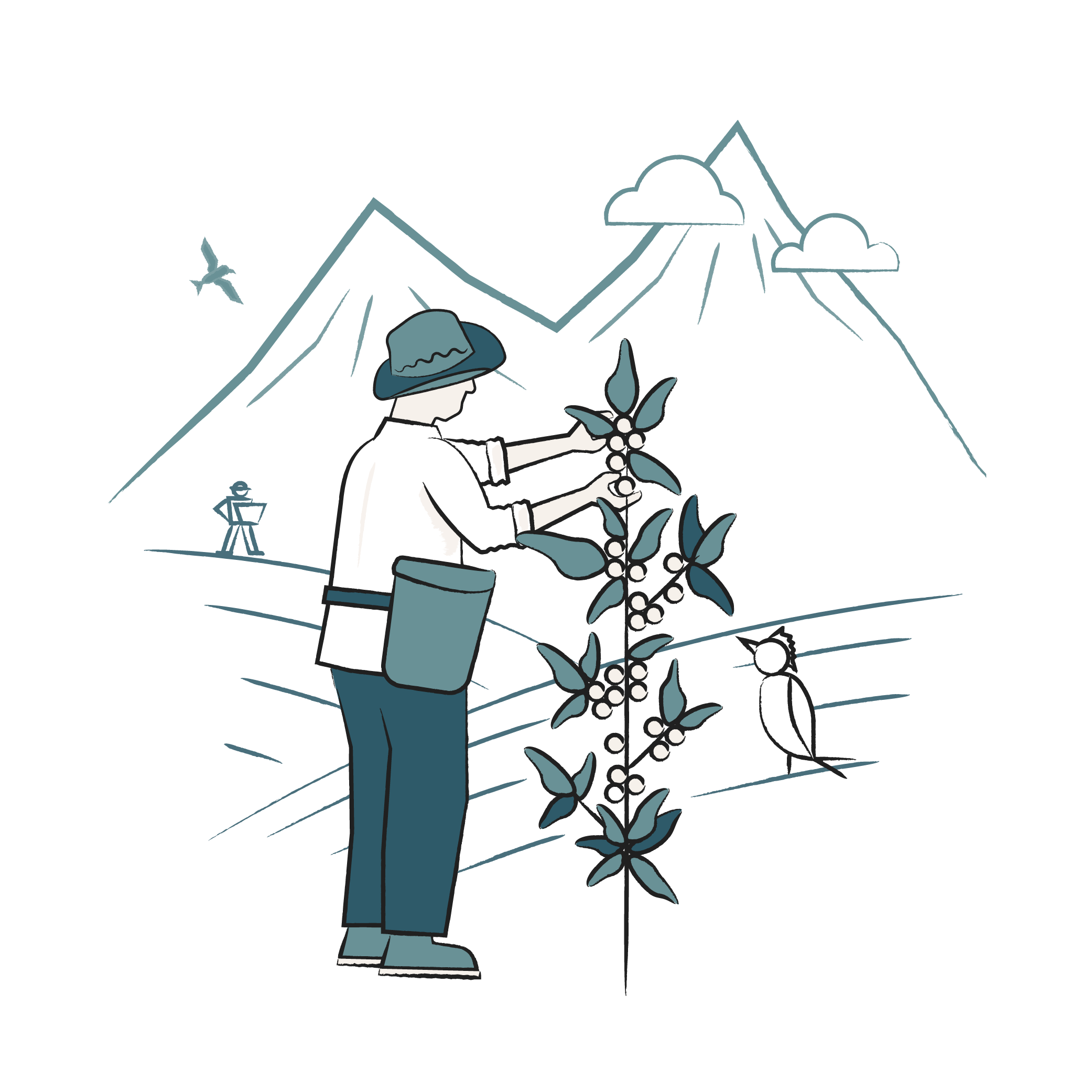
1. Coffee Sourcing focused on long-term collaboration
Paulig buys a significant portion of the world’s green coffee, a total of up to 40 million kilograms per year, from more than 15 countries around the world. Paulig’s coffee originates mainly from Brazil, Colombia and Central American countries such as Nicaragua and Honduras, as well as African countries including Kenya and Ethiopia. In most of our origins, coffee farms are small, family-run farms only a few hectares in size. We source our green coffee from thousands of farms and farming communities, through long-term partners who have a strong presence in the countries of origin.
There are several stages in the journey of coffee from farms to shipment, varying by region and farm. For example, after harvesting, some farms process their own coffee cherries to beans while others send them to larger processing centers.
Paulig only sources coffee that is certified or from our carefully selected partner programs. We also have worked systematically over the years to ensure all our coffee is traceable. This transparency allows us to collaborate long-term with farmers and improve the sustainability, profitability and resilience of coffee cultivation and the entire production chain and has supported our preparedness for transparency legislation, such as EU Deforestation Regulation. A significant share of our coffee is either Rainforest Alliance certified or dual certified as Fairtrade and Organic, and the rest is sourced through carefully selected, verified partnership programs. These programs are managed and driven by our long-term partners that have an in-depth understanding of the local context, as well as of the key challenges and opportunities in coffee cultivation.
Paulig is contributing to the future of coffee through concrete action, cooperation and also funding. Paulig has supported farmer communities through long-term development projects in our origins for years. These initiatives support farmers in concrete ways through training and incentives in adopting more environmentally sustainable agricultural practices, whilst also boosting the productivity of coffee cultivation.
In addition, in 2023 Paulig launched a unique Climate fund to accelerate climate actions in our value chains. The climate fund is used to kick-start and support new practices and solutions to reduce emissions where they have the biggest impact, including coffee. The fund is allocated to projects selected annually on the basis of Paulig’s strategic initiatives, with coffee value chains being one of the focus areas.
We collaborate in projects in selected coffee origins (for example, in Brazil and Colombia) that enable the adoption of more sustainable, regenerative farming practices. Techniques deployed include e.g. improved and optimized nutrient management, the adoption of agroforestry practises such as planting shade trees and cover crops, as well as improving wastewater management and composting practices. These projects are tailored in co-operation with our partners and the farming communities to suit the local context and needs across environmental, economic and social aspects. The aim is to accelerate the resilience of our supply chains and scale the best practices throughout our origins in the future.
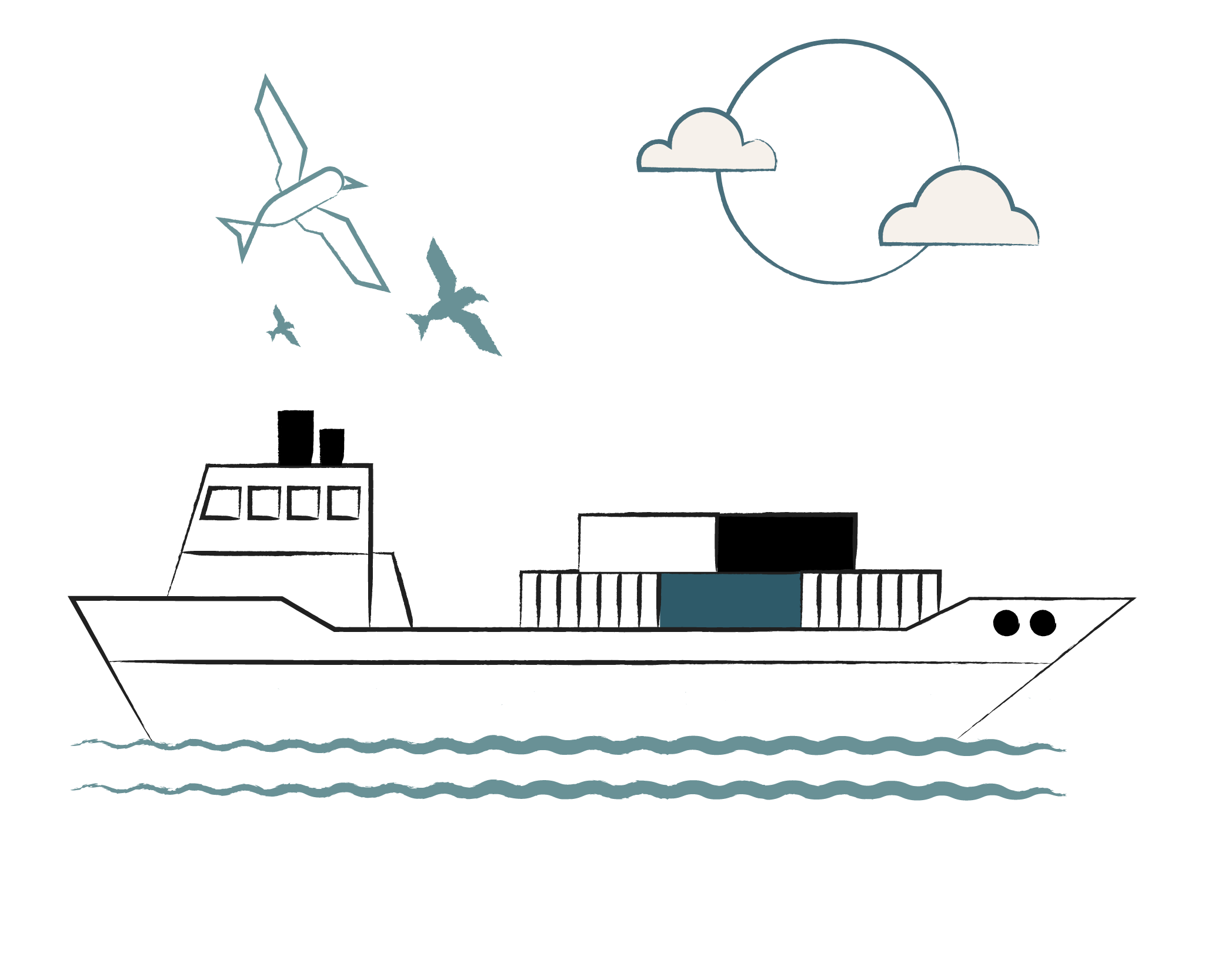
2. Decarbonising ocean freight
Every cup of Paulig coffee begins its journey far from the Nordics. Once harvested and processed, the beans are shipped to Finland for roasting and packaging. Paulig coffees are shipped from large harbours around the globe, including Santos in Brazil, Buenaventura in Colombia, Mombasa in Kenya and Ho Chi Minh in Vietnam.
Each year, Paulig purchases approximately 40 million kilograms of green coffee. Transporting this volume requires a significant number of freight shipments annually, both aboard big ocean vessels and smaller feeder vessels arriving in Helsinki. While shipping is just one part of the coffee’s journey, it plays an important role in shaping the overall sustainability of the value chain.
While ocean freight is one of the most efficient modes of long-distance transport, it still contributes to the overall environmental impact of coffee. Compared to other stages in the coffee value chain, shipping represents a relatively small share of the total environmental footprint, but it is still an area where meaningful improvements are possible today.
Paulig’s main ocean imports include green coffee and spices, which represent approximately 80% of Paulig’s total shipments. To reduce emissions from logistics, Paulig has established long-term partnerships with multiple logistics carriers to switch to biofuel options for ocean imports, enabling us to reduce i ocean freight emissions by up to 90%. While not all vessels will physically operate on biofuel, Paulig will purchase the equivalent amount of biofuel under a mass balance system, while ensuring development of certified sustainable shipping practices adoption in the industry.
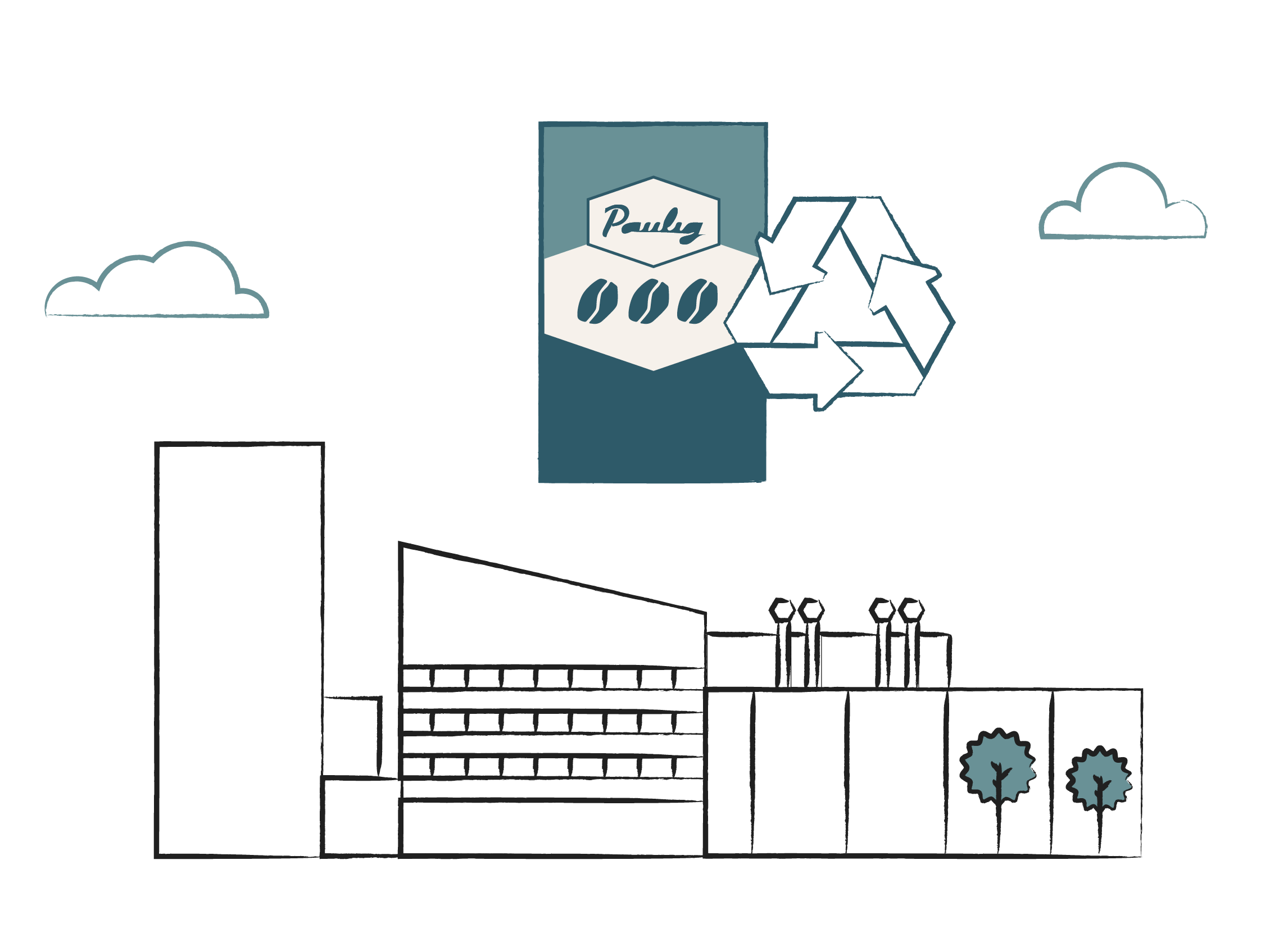
3. Roastery & Packaging: Efficiency, innovation and renewable energy in roasting
After the coffee arrives in Finland, its journey continues in our roasteries in Vuosaari and Porvoo, where green coffee is transformed into the final product. These facilities are not only central to our production, but also reflect our commitment to innovation and continuous improvement.
Over the years, we have taken concrete steps to reduce the environmental and climate impact of our roasting operations. Both roasteries have transitioned to renewable electricity and Vuosaari roastery to biogas, which has contributed to a 95% reduction in greenhouse gas emissions since 2018.
Paulig’s roastery in Vuosaari today features a waste heat recovery system and other adjustments that have significantly improved the energy efficiency of our roasting operations. As our largest roasting site, it produces over 100 million coffee packs annually. In packaging, Paulig invests in solutions that support circularity and reduce waste. A recent investment of €25 million in new coffee packaging lines and palletization modules at the roastery in Vuosaari enables the use of recyclable materials and improves production efficiency. Today, 86% of our consumer packages by volume are recyclable, and we are working toward 90% recyclability by 2027.
Paulig also actively seeks new business models that promote circularity and find new uses for coffee side streams. Paulig has partnered, for example, with Kaffe Bueno that upcycles coffee waste from Paulig’s Vuosaari roastery into high-value ingredients for cosmetics, nutraceuticals and functional foods. These efforts are part of our broader filosophy, where not a single coffee bean is wasted.
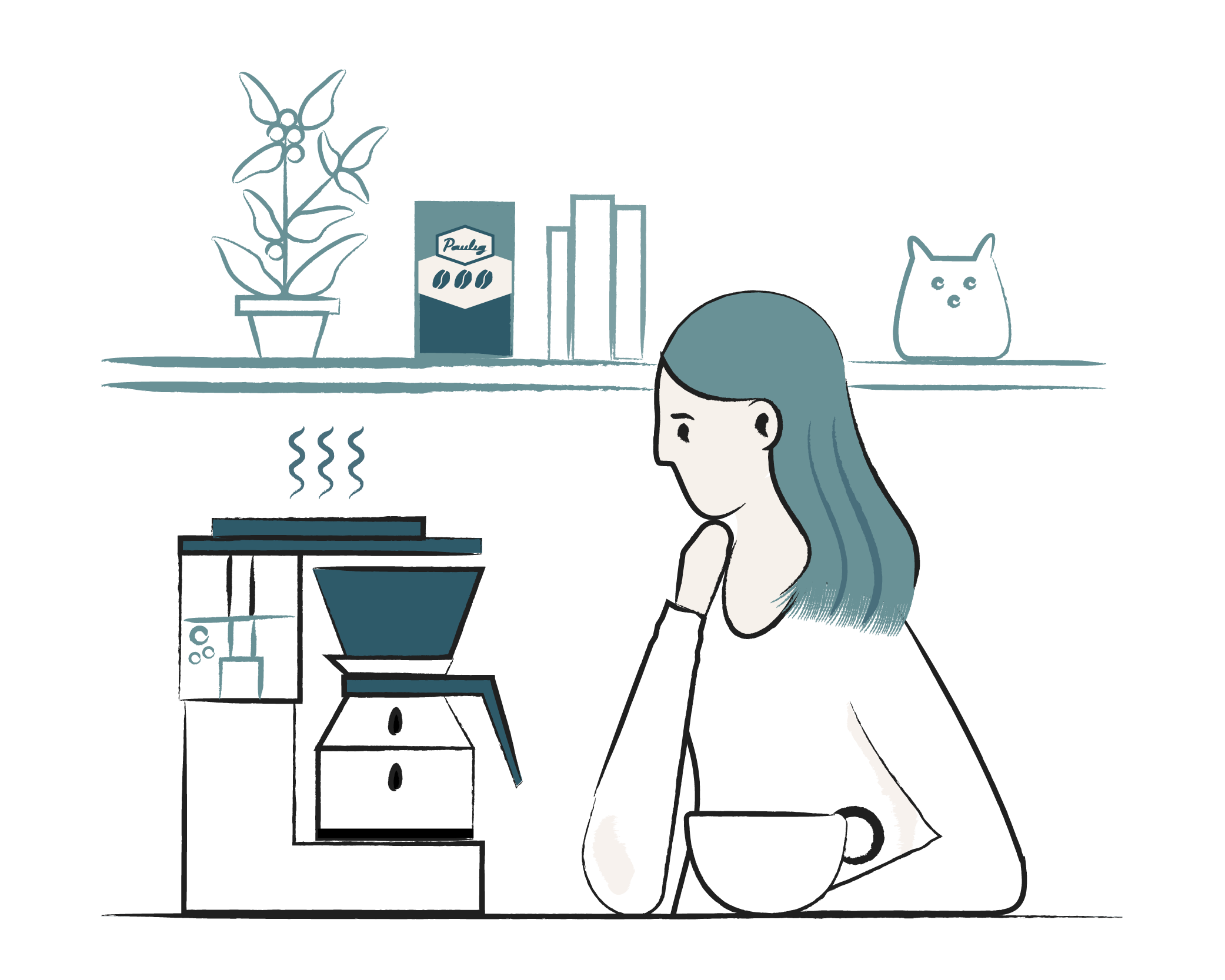
4. Brew what you drink and reduce waste
The journey of coffee doesn’t end when the beans are roasted and packaged, it continues in the hands of the consumer. While Paulig works actively to reduce environmental impacts, including emissions and waste, throughout the value chain, everyday choices made at home also play a role in shaping the environmental footprint of coffee.
Globally, a significant share of food ends up as waste, and coffee is no exception. In Finland alone, more than two litres of brewed coffee per person are poured down the drain each year. This highlights how small habits, like brewing more than needed, can have a surprisingly large impact.
To address this challenge, Paulig has set an ambitious target to cut food waste by 50% across the value chain by 2030, including food waste generated in households. The main focus and actions have been in our operations while actions outside our direct control are more challenging. However, as part of this effort, we provide tools and insights to help consumers reduce their own food waste. Our digital food waste calculator makes it easy to estimate how much coffee is wasted at home, and how small changes in daily routines can make a big difference. Brewing only what’s needed, storing coffee properly, and repurposing leftovers in cooking or cold beverages are just a few simple ways to reduce waste and get more out of every cup. By combining science, innovation, and behavioral change, we aim to inspire a more circular coffee culture – one where every cup counts.
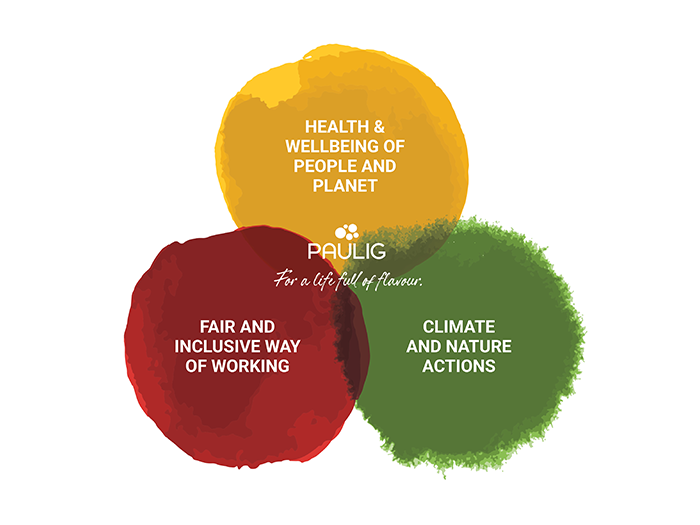
Taste the Change
Paulig is a family-owned company, growing a new, sustainable food culture – one that is good for both people and the planet. In addition to coffee, Paulig provides also Tex Mex and spice products, snacks and plant-based choices. We have set ourselves an ambitious goal of being a sustainable frontrunner in the food and beverage industry.
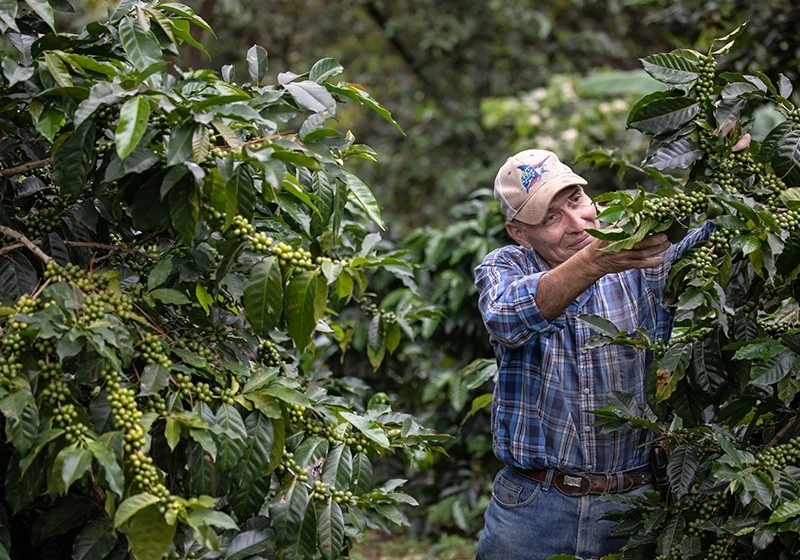
Coffee certification and verification approach
Third-party certifications are an established and reliable way to demonstrate that a company or a product complies with recognized sustainability standards. In addition, we source coffee through our carefully selected, verified partner programs. Through the partnership programs we are able to have long term partnerships and development with the farmers and farming communities - working together for better and more sustainable coffee farming.
Sustainability certificates and labels
Take a closer look at the sustainability certifications and labels we use on our coffee packaging.
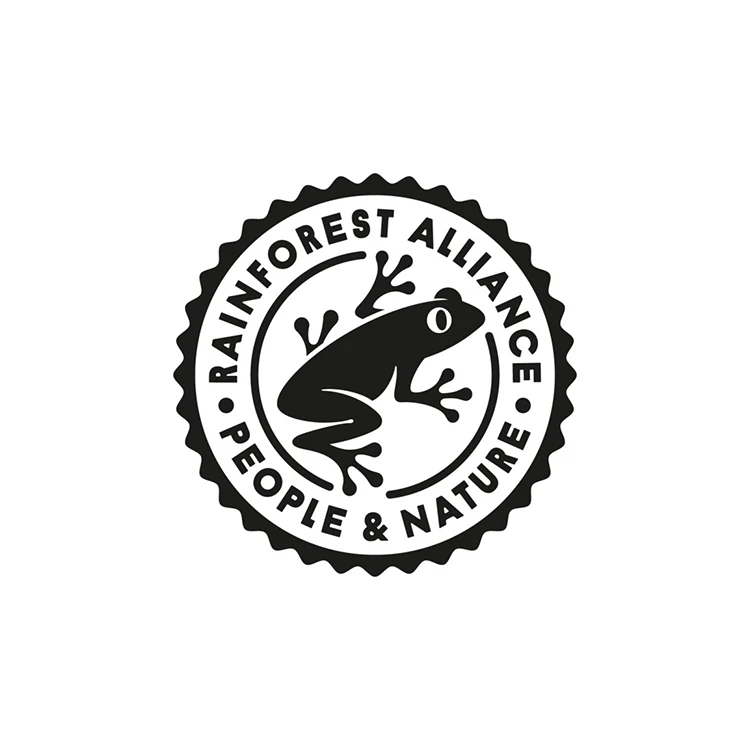
Rainforest Alliance
Read moreRainforest Alliance certified Paulig Coffees include for example the Paulig City Coffees, the Presidentti Range and the recent additions to the Juhla Mokka family (Juhla Mokka Sävy and Sarastus).
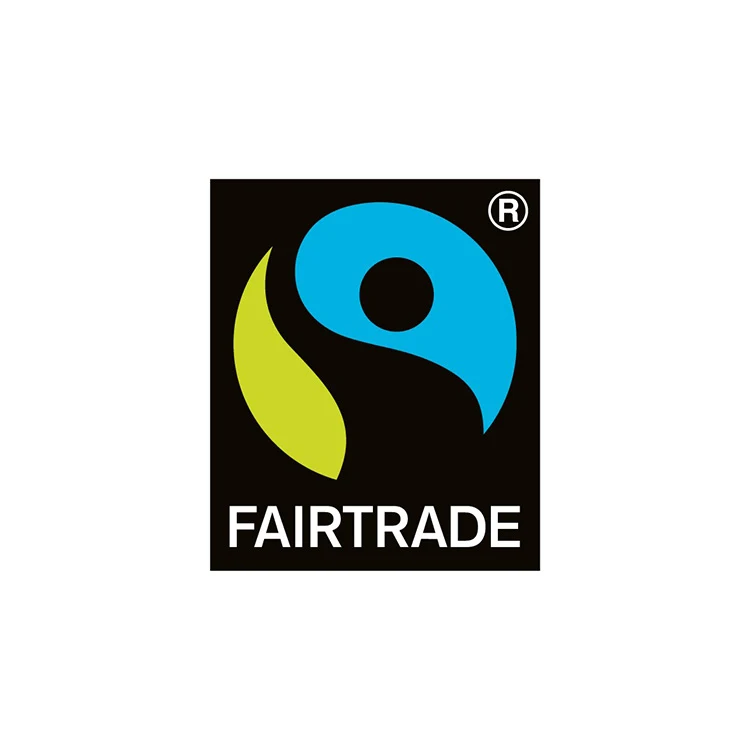
Fairtrade
Read moreYou can find the the Fairtade certificate combined with the Organic certificate from our Juhla Mokka Organic and Paulig Mundo Coffee Family.
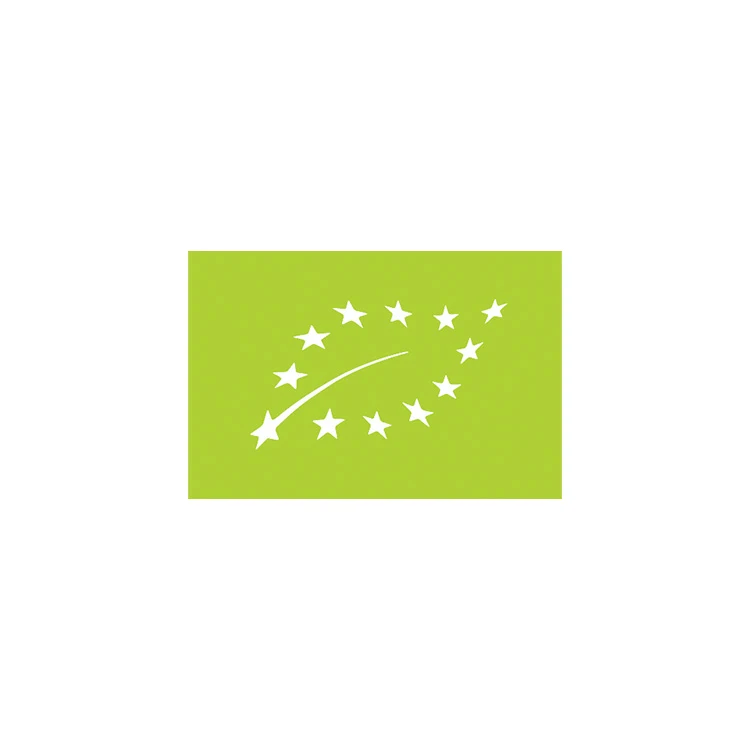
Organic coffee
Read moreThe Organic label is always combined with the Fairtrade label in Paulig’s coffee, meaning that both environmental and social criteria are considered in the coffee cultivation. Our selection includes, for example, Juhla Mokka Organic and Paulig Mundo.
Climate and nature actions
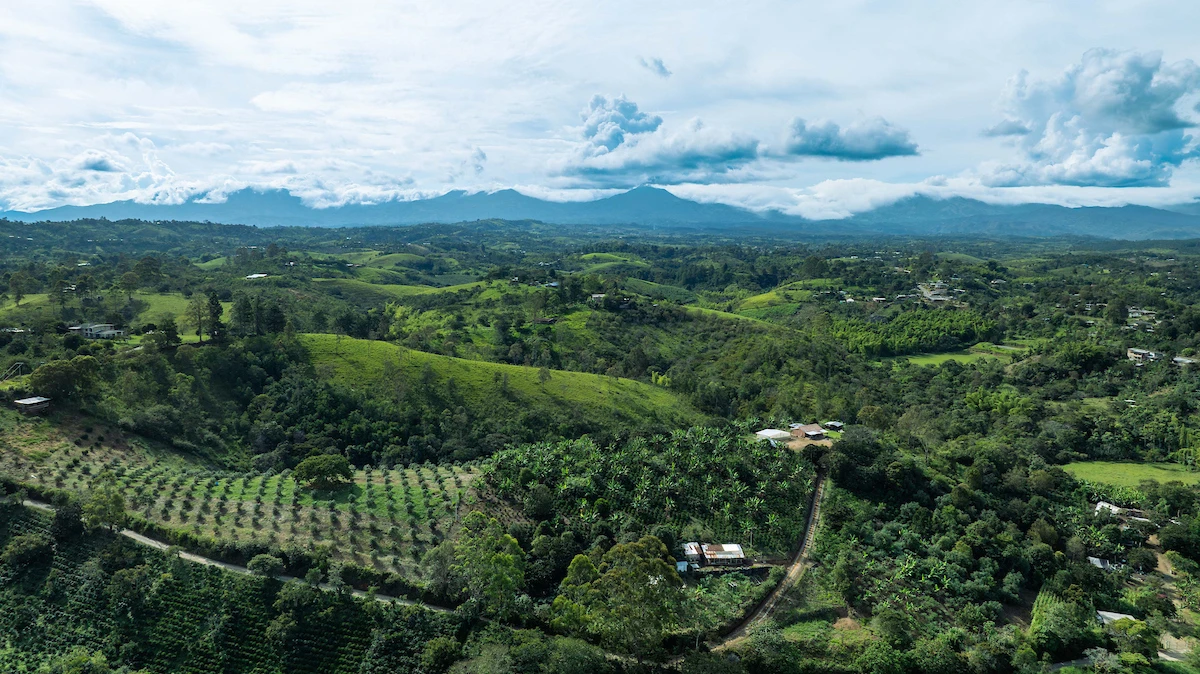
Paulig launches a unique Climate Fund to accelerate climate actions in the value chain
Read morePaulig has launched a Climate Fund to accelerate climate emission reductions in its value chain. The fund will be allocated to projects targeting emission reductions in wheat and coffee value chains, logistics and Paulig’s own operations. Projects are chosen annually and are implemented together with Paulig’s partners and suppliers. In addition to the new fund, Paulig will continue other sustainability initiatives and work towards its ambitious targets.
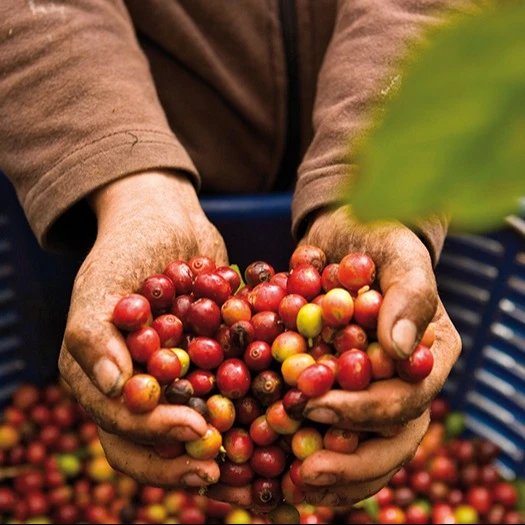
Climate projects in the coffee origin countries
Read moreThe majority of the carbon footprint (nearly 70%) of coffee comes from the growing of coffee beans in the countries of origin. Therefore, agricultural transformation is the key to achieving a sustainable coffee value chain. We are committed to encourage more sustainable cultivation methods and support the livelihood of coffee farmers in the coffee origins to reduce climate impacts.
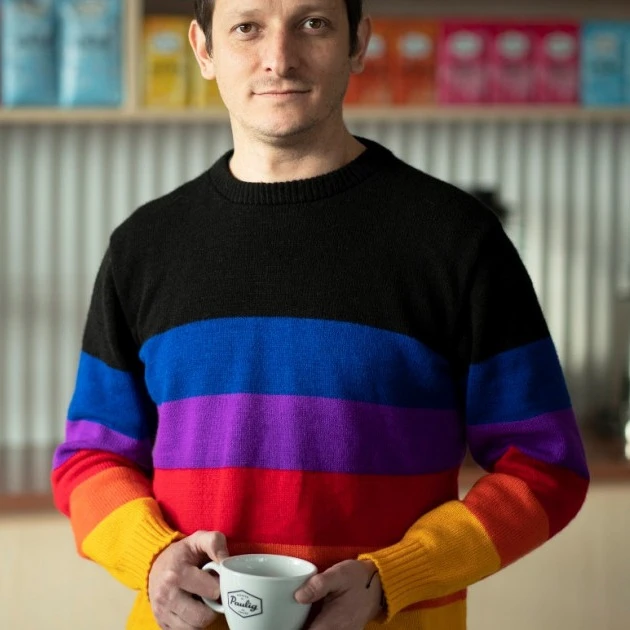
Sourcing sustainable coffee requires understanding of the real life at coffee farms
Read MoreEsteban Faber is Paulig’s Sourcing Manager for Green Coffee, a native Colombian and someone who has spent years in the green coffee industry, gaining not only an understanding of the entire value chain from bean to cup but also first-hand experience on life at the coffee farms. How we source and buy coffee here in Europe has a major impact on them, he reminds.

Upcycling of coffee waste
Read moreWe collaborate with Kaffe Bueno, that upcycles coffee waste from Paulig's Vuosaari roastery into high-value ingredients for cosmetics, nutraceuticals and functional food.
Using cells to speed up coffee breeding
Read morePaulig’s venture arm, PINC, has invested in the French startup Amatera, an innovative biotech platform for the sustainable cultivation of perennial crops. Their goal is to create a new coffee variety that combines the rich flavour of Arabica with the robustness and higher yield properties of Robusta.

Life cycle assessment (LCA) of coffee
Read moreThe majority of the carbon footprint of coffee production comes from the growing of coffee beans in the countries of origin. The second biggest impact on the climate is the coffee being prepared and enjoyed. Paulig’s transport, roasting and packaging each represent only a few percent of the environmental impact of coffee during its life cycle, but we still aim to improve every step in our process.
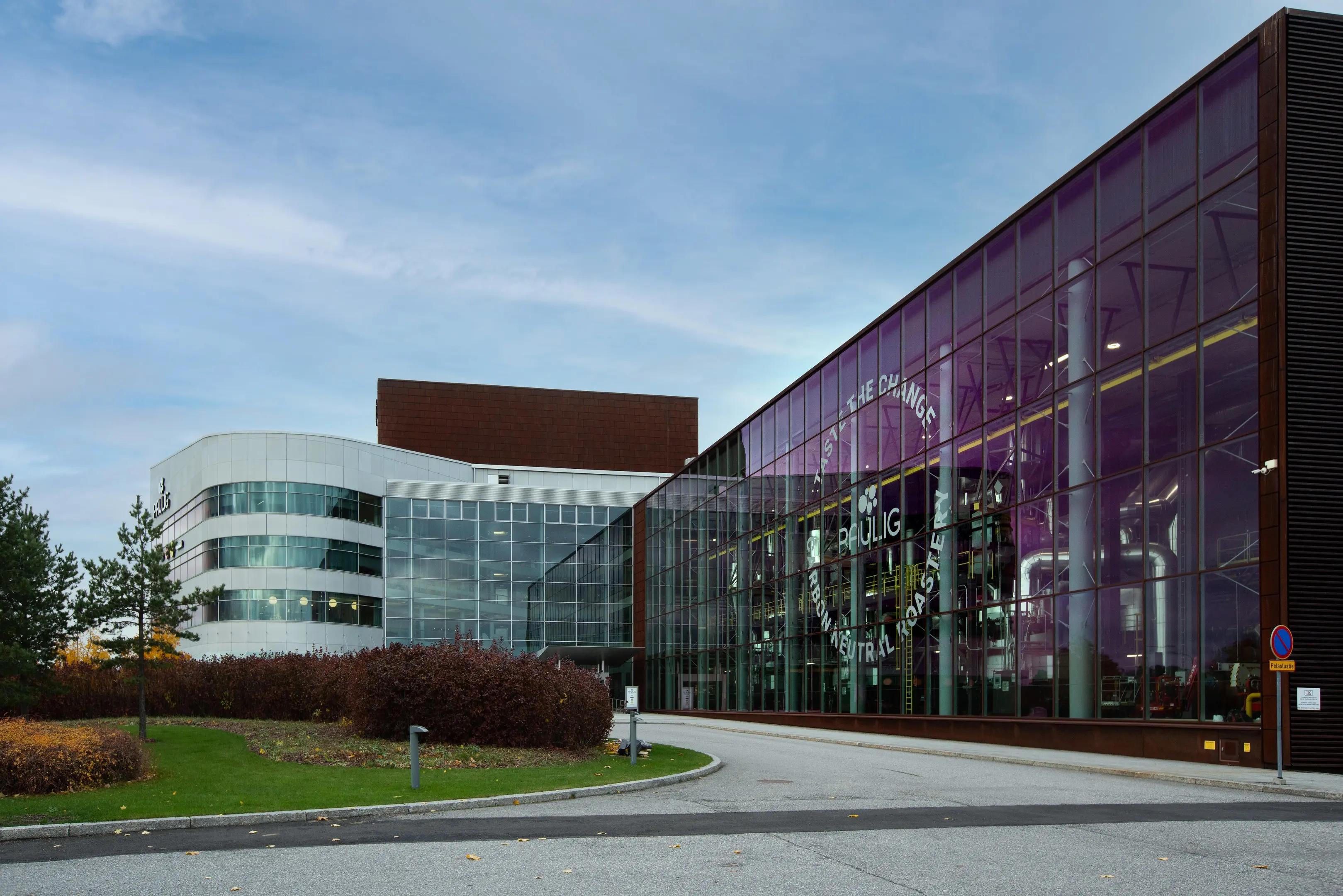
Paulig invests in development of Vuosaari roastery
Read morePaulig invests 25 MEUR in new packaging lines and palletization modules in its Vuosaari coffee roastery in Helsinki, Finland. The new packaging lines don’t only increase capacity and efficiency but also enable the use of recyclable material for coffee packaging.

Fighting against food waste
We are committed to the global challenge of reducing food waste and loss by 50% by 2030. You can also join the initiative and reduce food waste at home.

Sponsorships
At Paulig we are constantly renewing ourselves, passionately looking for new flavours, solutions and ways of working. But we also keep a close eye on the next generation. And to be more precise, on our children and youngsters. As we want to contribute to the well-being of future generations, we put our full focus on them in our sponsorship programs.








